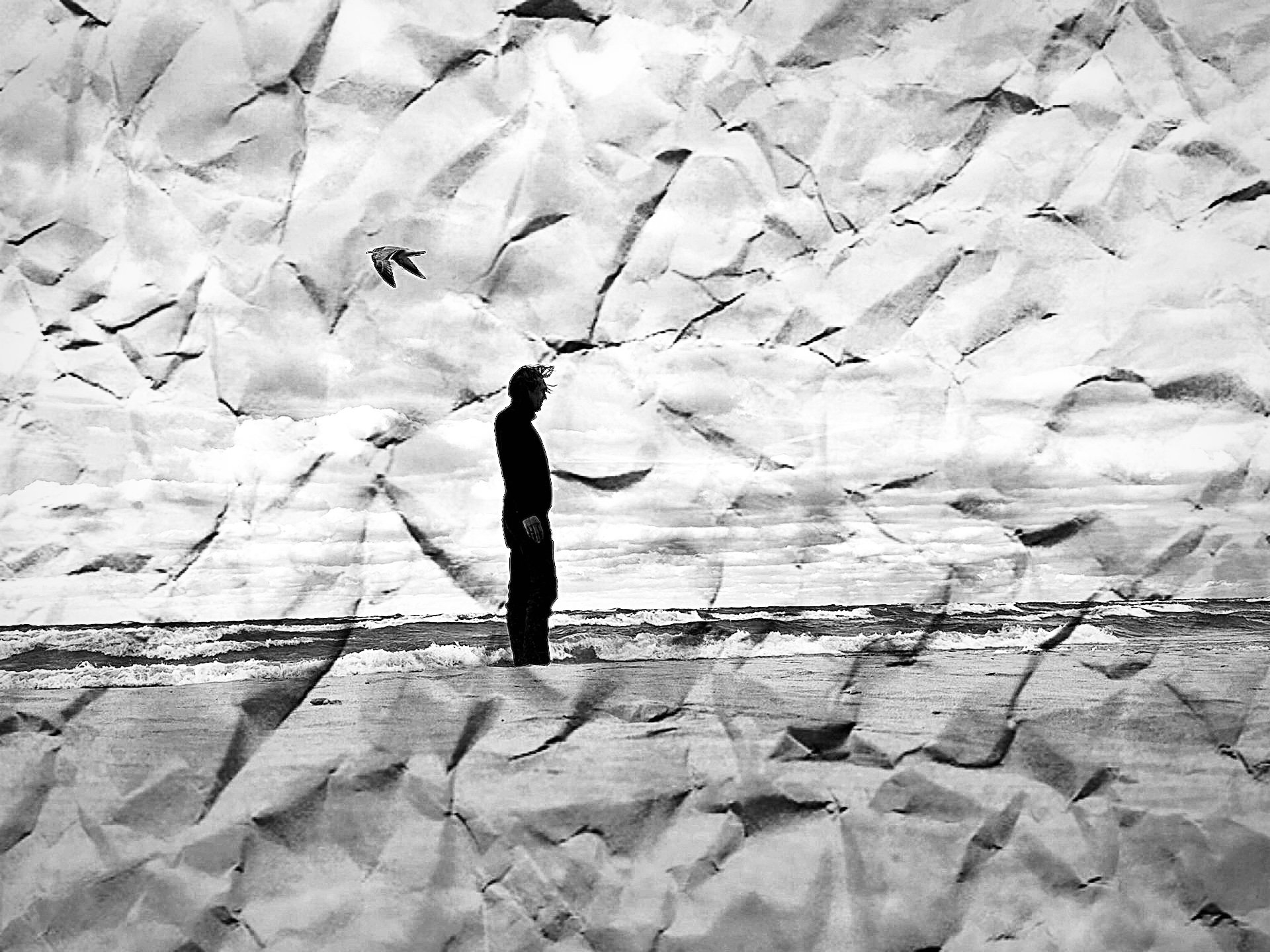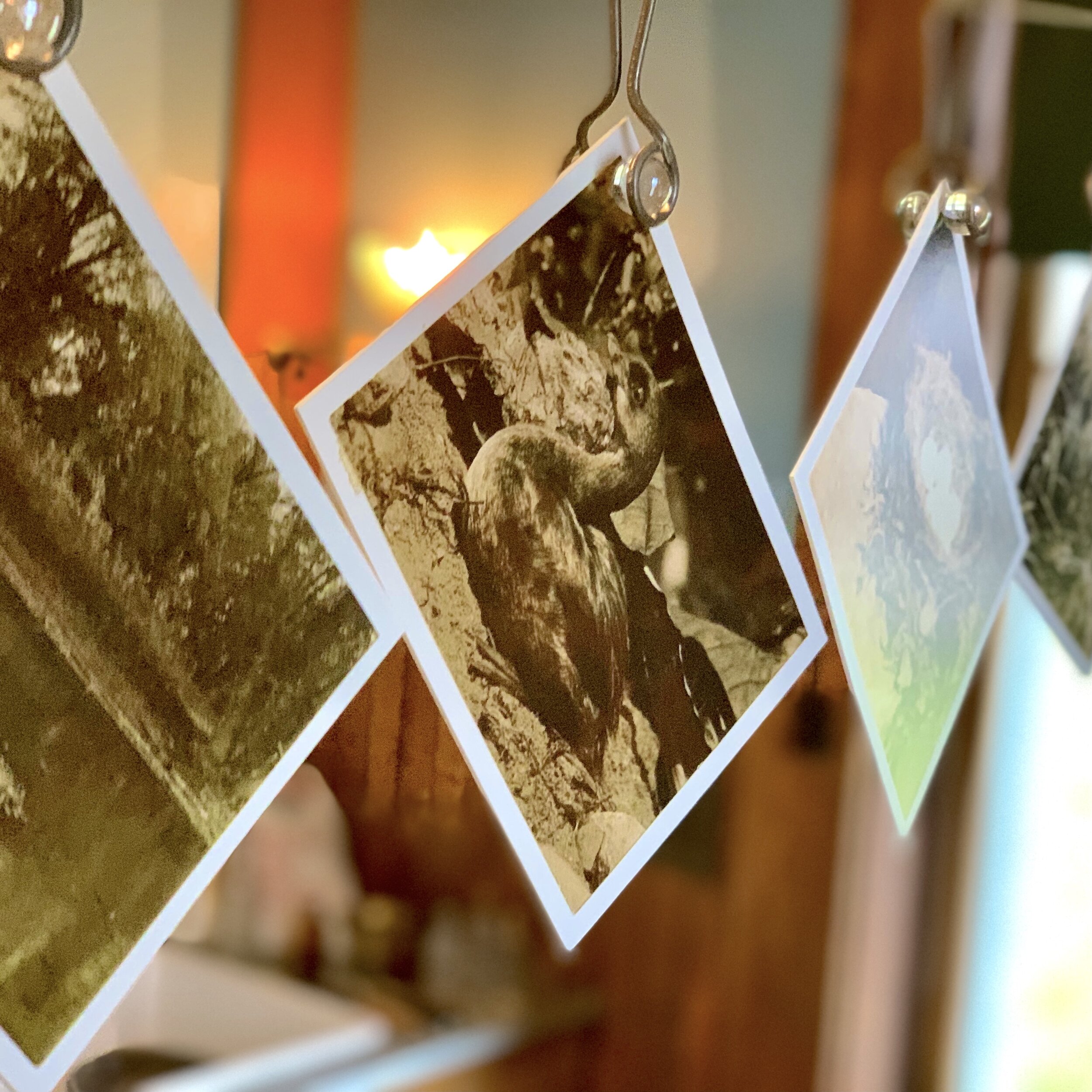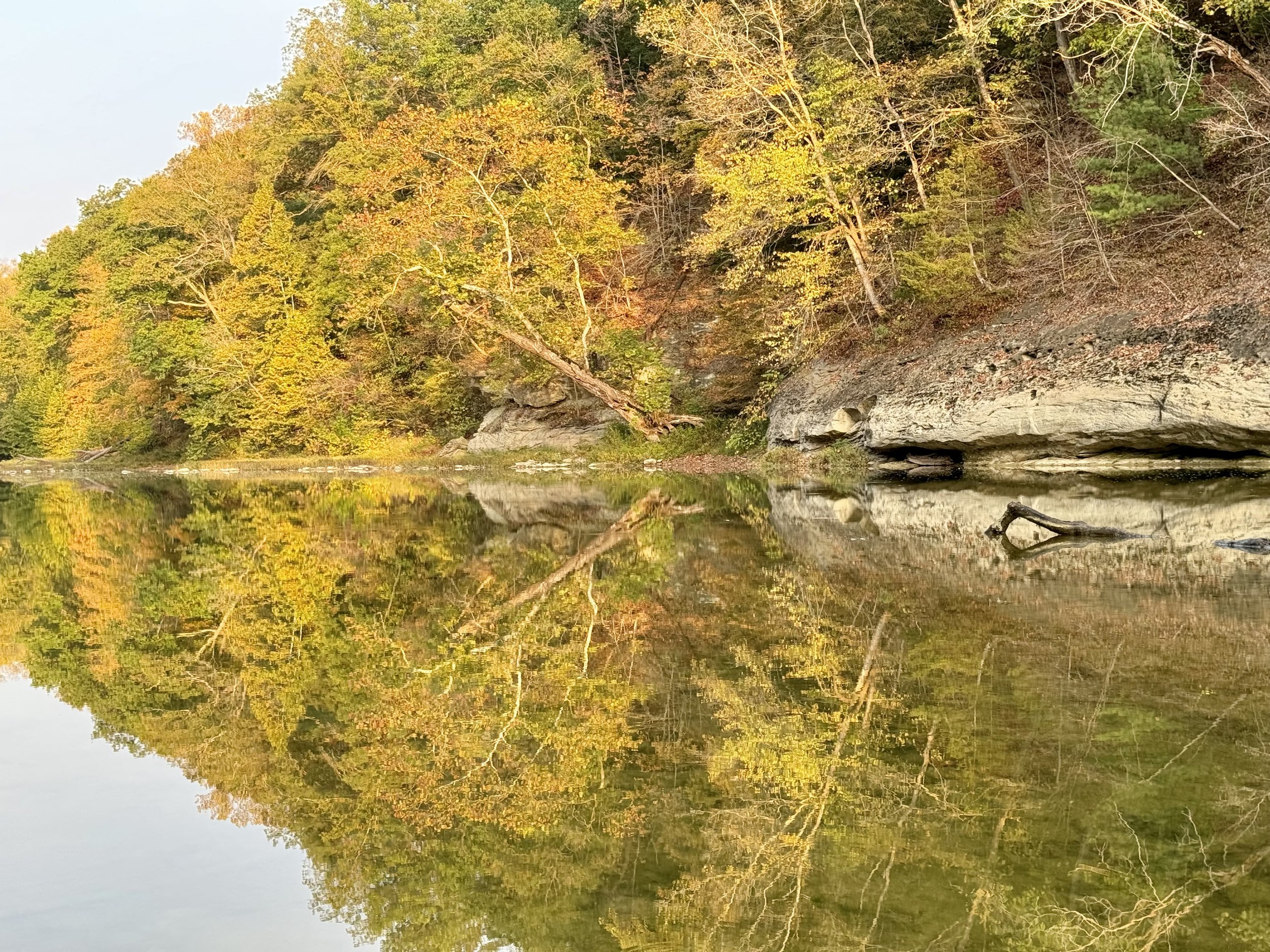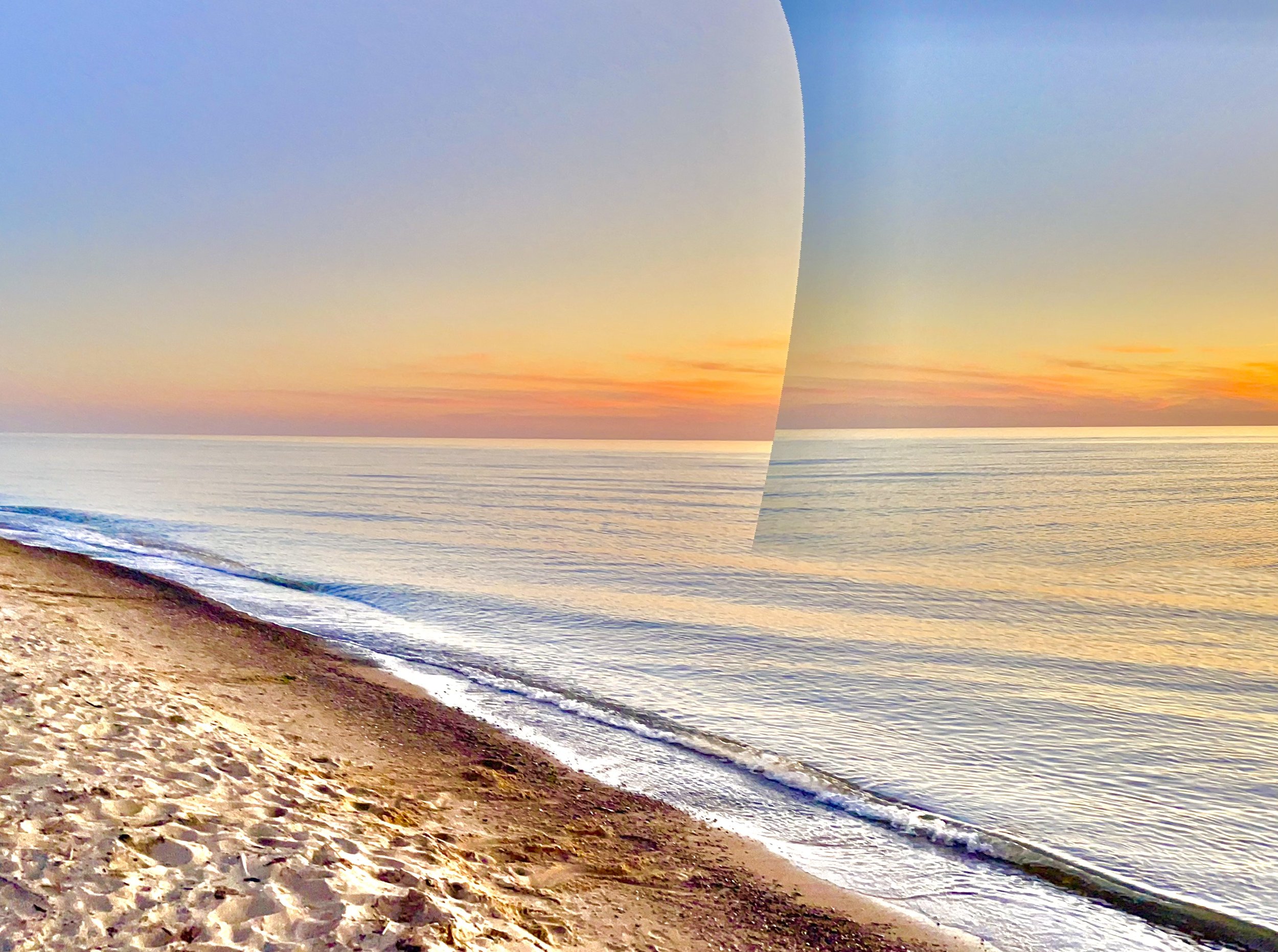
news
Check out the Indiana Writers Center website for updates for all course offerings.
Thank you to the editors of New Ohio Review and The National Poetry Review for sharing some recent work!
Read “My Daughter Asks if I Ever Had Trinkets”
listen to “No Most of the Time.”
workshops & events
I believe the target audience of poetry is everybody. I believe we are all poets and know what poetry does. It makes us feel, as Emily Dickinson puts it, like “the top of my head were taken off.” I’ve not met a person who didn’t desire - no, need - to feel that sensation of awe in the face of vulnerability. Poetry can enrich our lives. That claim is simple. Poetry is our lives. That truth and acceptance changes how we live. In workshops and classes we gather and take inventory of, what Marianne Moore calls, “the garden of our imagination.” Whether you are looking to explore, to find readers, to find perspective, or simply - and most importantly - listen, all are welcome to join in the pleasure of the work. And the work is fun. If you’d like to reach out about workshop opportunities contact nicholas.reading@gmail.com.
Check out the Indiana Writers Center website for current course offerings.
Here’s a sample of past workshops offered:
ECHO & DANCE: Humor & Blues
This Poem is No Joke. Of course, writing is quite serious work. And quite serious fun. Together we will look at poems that employ humor. By making us grin or laugh out loud, the joke disarms us. While we are chuckling, the poem’s message strikes us unaware. We will consider everything from word play to comedic conceits to one-liners. We will explore work ranging from Ogden Nash to Tony Hoagland, and participants are welcome to offer their own suggestions for our reading. We should remember, seriously, a few words from the poet Larry Levis:
And maybe he would be reminded that the body, too
is only a thing, a joke it kept trying to tell us
and now the moment for hearing it
is past.
Let us write our poems. Let us tell our jokes.
the prose poem
This workshop will focus not only on the prose poem as a form, but will also work to understand how our understanding of prose poems may open up possibilities in our fiction and creative nonfiction writing. We will examine the implications of Russell Edson's assertion that prose poems are, "A poetry freed from the definition of poetry, and a prose free of the necessities of fiction." What does this freedom on all fronts look like in poetry, prose, and in our own writing? Whether your life is poetry or prose or a little bit of both our time spent together should result in a better understanding of how language can present transformative opportunities for both the writer and the reader.
The everyday poem
This workshop will focus on poems that use daily experiences as material. Whether it be an embrace with a partner in the morning, noticing a bee by the hydrangea, or whatever might have made us pause in our busy days, there is almost always something that we remember when we retire at night. Many poets, obviously, have used these everyday experiences as the subject for poems that have proved timeless. We will discuss examples of poems, generate our own material and writing, and ultimately examine how we might honor the mundane by crafting our language and engaging in discovery, layering of understanding of the subject. Our goal is simple: elevate ourselves through honest reflection in the hope of arriving at a truth organic.
There is hope in these poems but it is begrudgingly given. There seems to be that knowledge that despite ourselves we may yet find redemption. I believe Reading wants us to hope — just not to set our hopes too high.
— Michael Dennis

W.H. AUDEN OFTEN WROTE ABOUT NOTHING AND EXPLAINED EVERYTHING WITH THE LAZY WHISK OF A HORSETAIL SWEEPING AT A SHORT-LIVED FLY. NICHOLAS READING DOES THE SAME DAMNED THING.
— MICHAEL DENNIS

writing
thanks to all the editors who shared these poems online
New Ohio Review - No Most of the time (audio)
The National Poetry REview - My daughter asks iF i ever had trinkets
Twyckenham notes - winner of the joe bolton poetry prize (Audio)
THE CORTLAND REVIEW - TWO POEMS (audio)
MIRACLE MONOCLE - WHEN WE SPEAK OF OLD FRIENDS
FAILBETTER - LOVE STORY
PAINTED BRIDE QUARTERLY - THE JAZZ KITCHEN
SPLIT LIP MAGAZINE - JUST ANOTHER SHIFT
LOVE & SUNDRIES BOOK REVIEW
ARTICLES
Nuvo - Visit with the wellness wizard
NUVO - ART & SOUL
NUVO - Profile on spoken work artist AshLee Baskin
NUVO - Profile on pianist Christopher Pitts
NUVO - Profile on artist Matthew Cooper
NUVO - Profile on musician Yadin Kol
NUVO - Light in the Window: A Performance at the Basile Opera Center
NUVO - Poetry Out Loud
NUVO - Spirt & Place
INTERVIEWS
Another Chicago Dream Deferred: An Interview with Rus Bradburd
Two things at once: An Interview with Dave Zirin
Flashcuts: An Interview with Charlie Brice
Despite their edginess, and because of their edginess,
Reading’s poems make us welcome. They say in capital letters,
TRESPASS PLEASE.
- Donald Platt








